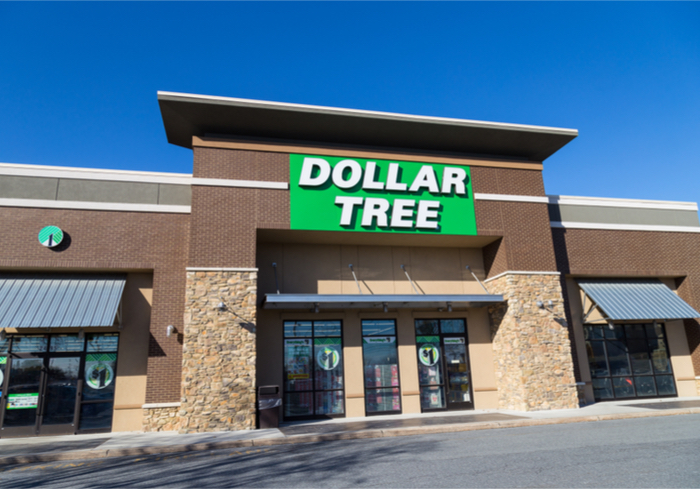Carl Icahn Reportedly Invests In Dollar Tree

Following reports that billionaire investor Carl Icahn is creating a sizable stake in Dollar Tree, shares of the discount store chain jumped. The stock rose by 6.8 percent to finish out the trading day on Tuesday (Oct. 16) at $86.50, the New York Post reported.
While it was not known what Icahn would do with such a potential stake, insiders claim the investor might seek to have Dollar Tree reverse its deal to acquire Family Dollar in 2015. Even so, Icahn wanted that deal and had purportedly profited on it.
As it stands, Quo Vadis Capital’s John Zolidis contends that the market assigns very little value to Family Dollar. In fact, he claimed at a presentation earlier in October that Dollar Tree would keep 96 percent of its current market value in the event that it would sell or split off from Family Dollar – but he claims that Family Dollar would be worth somewhere from $5 billion to $6.2 billion if it were to be spun off.
While most players in the world of digital retail have felt the sting of the “Amazon effect,” extreme discount retailers, or “dollar stores,” have remained mostly immune to the onslaught thus far. With a customer base nearly 100 million strong, they have constructed plans for growth when other brick-and-mortar players are looking to shrink their physical footprint in favor of growing a digital presence.
There are variations on the theme: Some brick-and-mortar retailers, like Dollar Tree and 99 Cents Only, strictly sell all their goods for a dollar or less, while chains like Family Dollar and Dollar General keep their prices low (under $10). With such bargain pricing, dollar stores tend to attract the lowest-income customers. Family Dollar and Dollar General’s largest cohort of shoppers, as individuals and as a family, earn about $8,000 less annually than the typical Walmart shopper, with average household incomes of $44,972 and $45,640, respectively, to Walmart’s household average of $53,125.